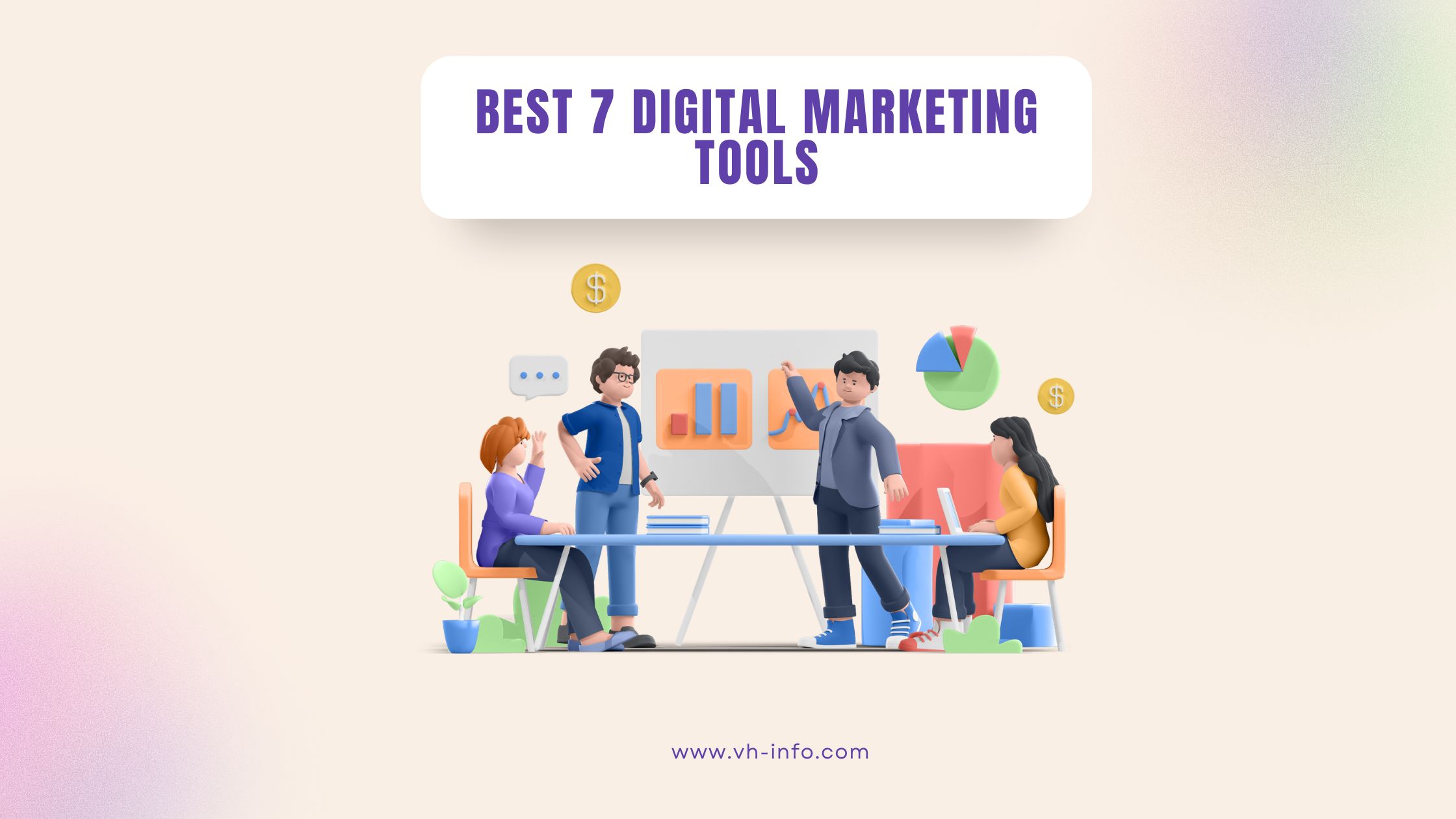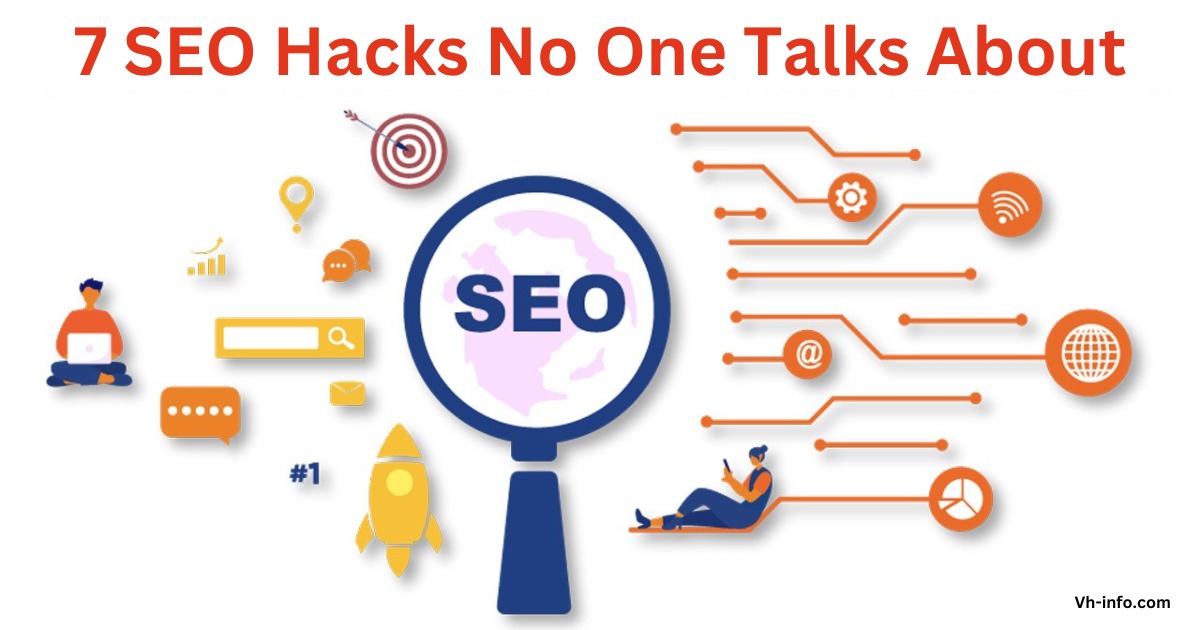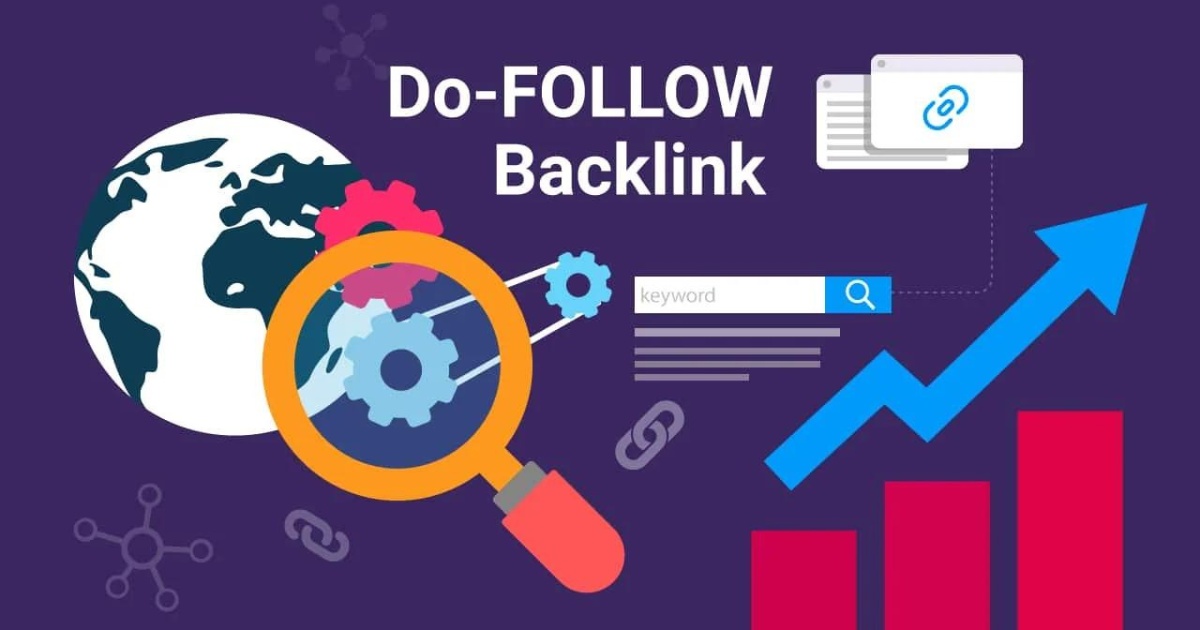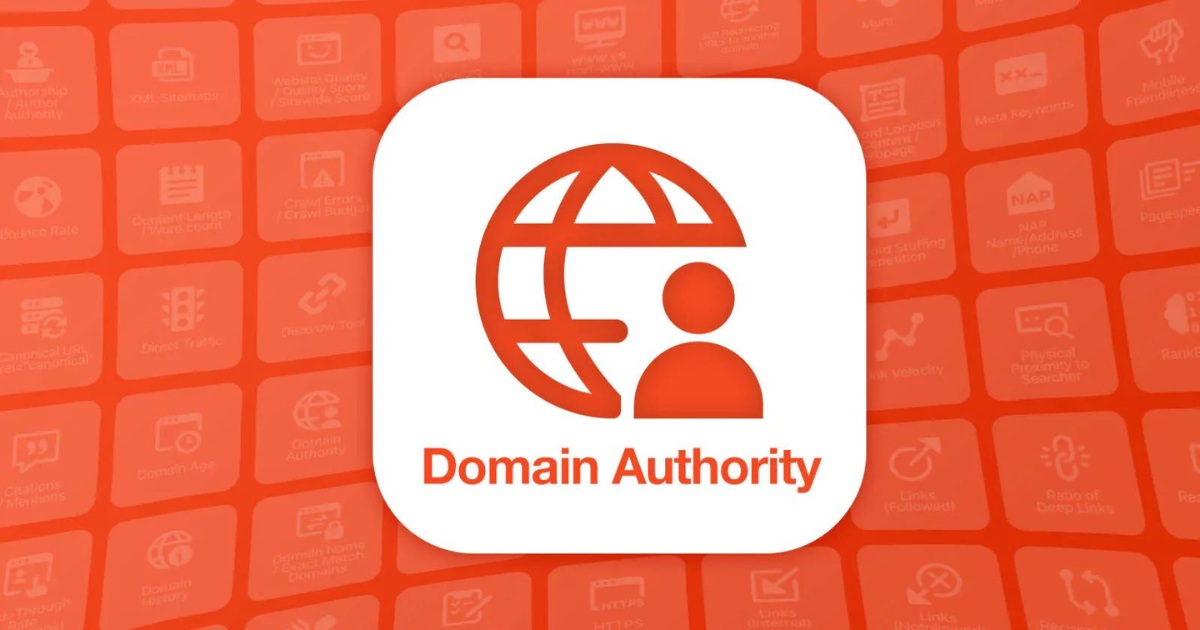
Best 8 Digital Marketing Tool 2024
Digital marketing tools are the backbone of all successful online marketing strategies. They help businesses automate tasks, gain valuable insights,

Best 8 Digital Marketing Tool 2024
Digital marketing tools are the backbone of all successful online marketing strategies. They help businesses automate tasks, gain valuable insights,

7 SEO Hacks No One Talks About
Search engine optimization (SEO) is a critical aspect of digital marketing that helps businesses improve their visibility on search engine

Dofollow Backlinks: What is it, How it Works, Tools & Examples
As a SaaS company, building a strong backlink profile is important for improving your search engine rankings and driving organic

Domain Authority: What is it & How to Increase Domain Authority?
Domain authority (DA) is a key metric that digital marketers and SEO professionals use to gauge a website’s overall authority
WHAT WE
3rd floor, VHinfo, QRXG+CG9 Capital Market, Canal Rd, chokdi, Ravapar, Morbi, Gujarat 363641
VH-info © 2025 | All Rights Reserved